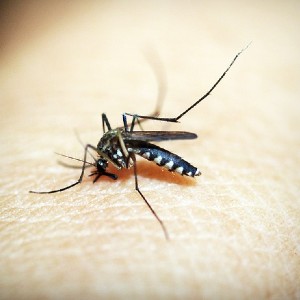Prediction of dengue cases using the attention-based long short-term memory (LSTM) approach

All claims expressed in this article are solely those of the authors and do not necessarily represent those of their affiliated organizations, or those of the publisher, the editors and the reviewers. Any product that may be evaluated in this article or claim that may be made by its manufacturer is not guaranteed or endorsed by the publisher.
Accepted: 19 April 2023
Authors
This research proposes a ‘temporal attention’ addition for long-short term memory (LSTM) models for dengue prediction. The number of monthly dengue cases was collected for each of five Malaysian states i.e. Selangor, Kelantan, Johor, Pulau Pinang, and Melaka from 2011 to 2016. Climatic, demographic, geographic and temporal attributes were used as covariates. The proposed LSTM models with temporal attention was compared with several benchmark models including a linear support vector machine (LSVM), a radial basis function support vector machine (RBFSVM), a decision tree (DT), a shallow neural network (SANN) and a deep neural network (D-ANN). In addition, experiments were conducted to analyze the impact of look-back settings on each model performance. The results showed that the attention LSTM (A-LSTM) model performed best, with the stacked, attention LSTM (SA-LSTM) one in second place. The LSTM and stacked LSTM (S-LSTM) models performed almost identically but with the accuracy improved by the attention mechanism was added. Indeed, they were both found to be superior to the benchmark models mentioned above. The best results were obtained when all attributes were included in the model. The four models (LSTM, S-LSTM, A-LSTM and SA-LSTM) were able to accurately predict dengue presence 1-6 months ahead. Our findings provide a more accurate dengue prediction model than previously used, with the prospect of also applying this approach in other geographic areas.
How to Cite

This work is licensed under a Creative Commons Attribution-NonCommercial 4.0 International License.








